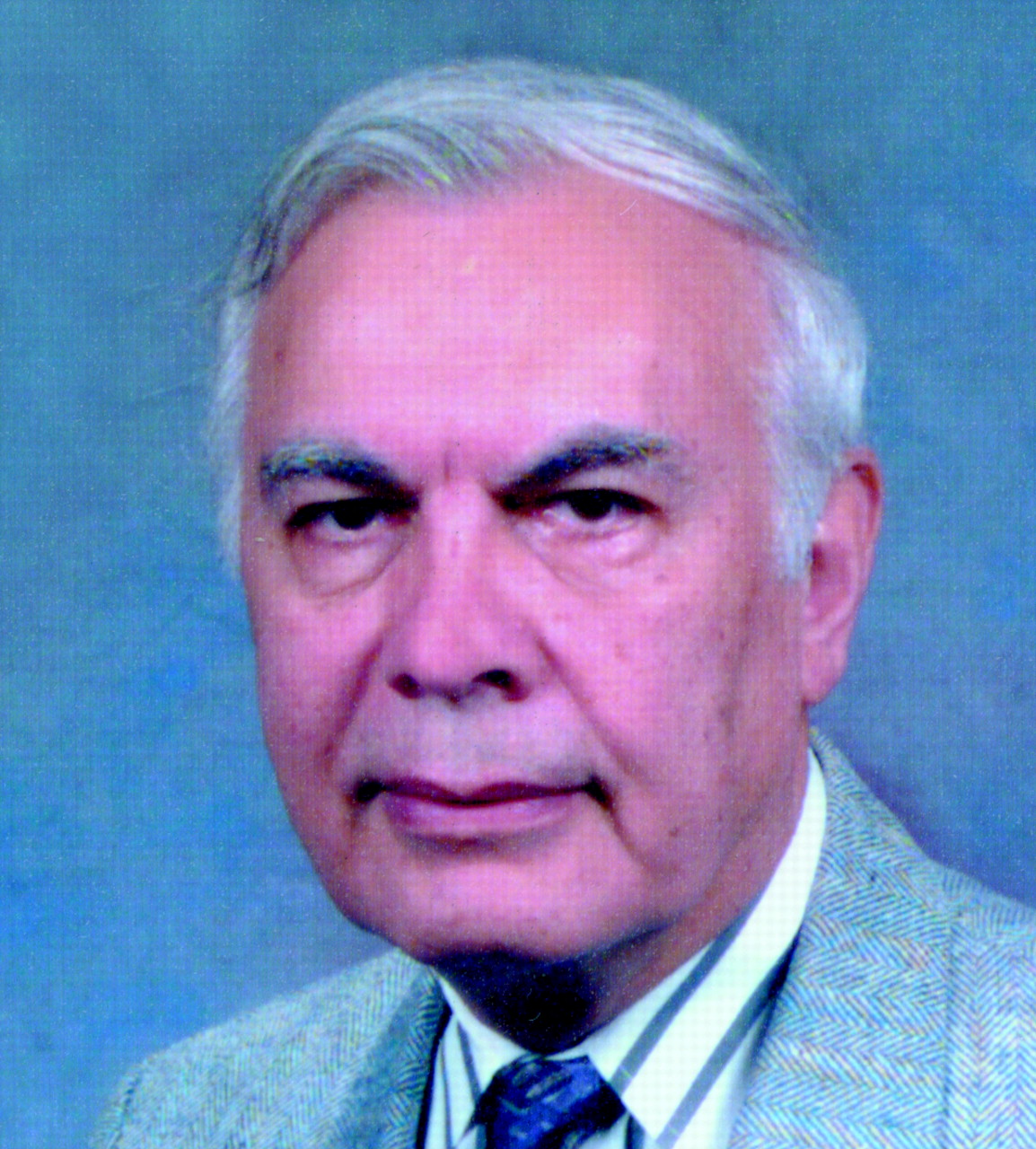Psychiatrist Puts His Money Where the Arts Are
Thanks to a psychiatrist, entrepreneur, and philanthropist in Raleigh, the North Carolina Symphony has a home, and the arts are being promoted to the benefit of many.

Assad Meymandi, M.D., Ph.D.: “Psychiatry is the only medical specialty that offers a person the opportunity to be a doctor, scientist, humanist, theologian, artist, and art lover.”
Lovers of the arts in Raleigh celebrated the opening of the hall last February, and a month later Meymandi received the Raleigh Medal of Art.
In his acceptance speech, Meymandi espoused the virtues of the arts. “As children of God, we are created in God’s image. . .and in us there are attributes of God. And of all these attributes, the greatest is man’s ability to create—the arts are the most eloquent expression of this formidable power.”
Meymandi also called attention to the restorative powers of the arts. “Modern research tools of molecular biology and neuroimaging show us that there is direct correlation between health, intelligence, healing, and the arts—especially classical music, meditation, and prayer.”
Philanthropy
The concert hall is not the first evidence of Meymandi’s generosity. He established the Meymandi Philanthropy Program in 1997, and since that time the program has disseminated more than $6 million to numerous recipients.
One of these is the National Humanities Center at Research Triangle Park, N.C.
The National Humanities Center is a private, nonprofit institution that seeks to expand the public’s understanding of the humanities and helps scholars further their work in the humanities. A fellowship funded by the Meymandi Philanthropy Program is designed to build a bridge between the basic sciences, such as physics, mathematics, and medicine, and the arts and humanities, such as history, philosophy, and the visual arts.
‘Passion of My Life’
In an interview with Psychiatric News, Meymandi, who is a life fellow of APA, said that psychiatry is “the passion of my life.” He began his career as a medical student at George Washington University in Washington, D.C., and graduated in 1962. There, he served as an acting intern under the chief of surgery during his senior year. Meymandi recalled, “By the end of the year, I felt as if I had wasted my intellectual abilities. I learned that removing gallbladders and repairing hemorrhoids day in and day out was not my cup of tea.”
But a rotation in psychiatry at St. Elizabeths Hospital in Washington, D.C., sparked a new interest in the young doctor. “I knew I had found my niche,” remarked Meymandi. He completed his residency at Dorothea Dix Hospital in Raleigh.
As a physician who has been in private practice since 1969, Meymandi believes that psychiatry is unique. “Psychiatry is the only medical specialty that offers a person the opportunity to be a doctor, scientist, humanist, theologian, artist, and art lover.”
He also believes that psychiatry provides psychiatrists with the ability to be a “compassionate and altruistic advocate of—and servant to—not only your patients, but to your community and mankind.”
Meymandi grew up in Kerman, Iran, the youngest of nine children. His father was a poet, philosopher, and philanthropist and his mother a patron of the arts who was 101 when she died in 1994. Meymandi left Iran at the age of 16 to study at the Sorbonne in Paris, a tradition in his family.
Meymandi said that his philanthropy is rooted in deep gratitude for this country. “Not so much for our advanced technology or material wealth, but for the freedom, liberty, and opportunity to meet one’s maximum potential.
“I love America because the rule of law, not those of kings, shahs, and ayatollahs, is supreme. As citizens, we must do all we can to preserve the sanctity of this sacred premise.” ▪



